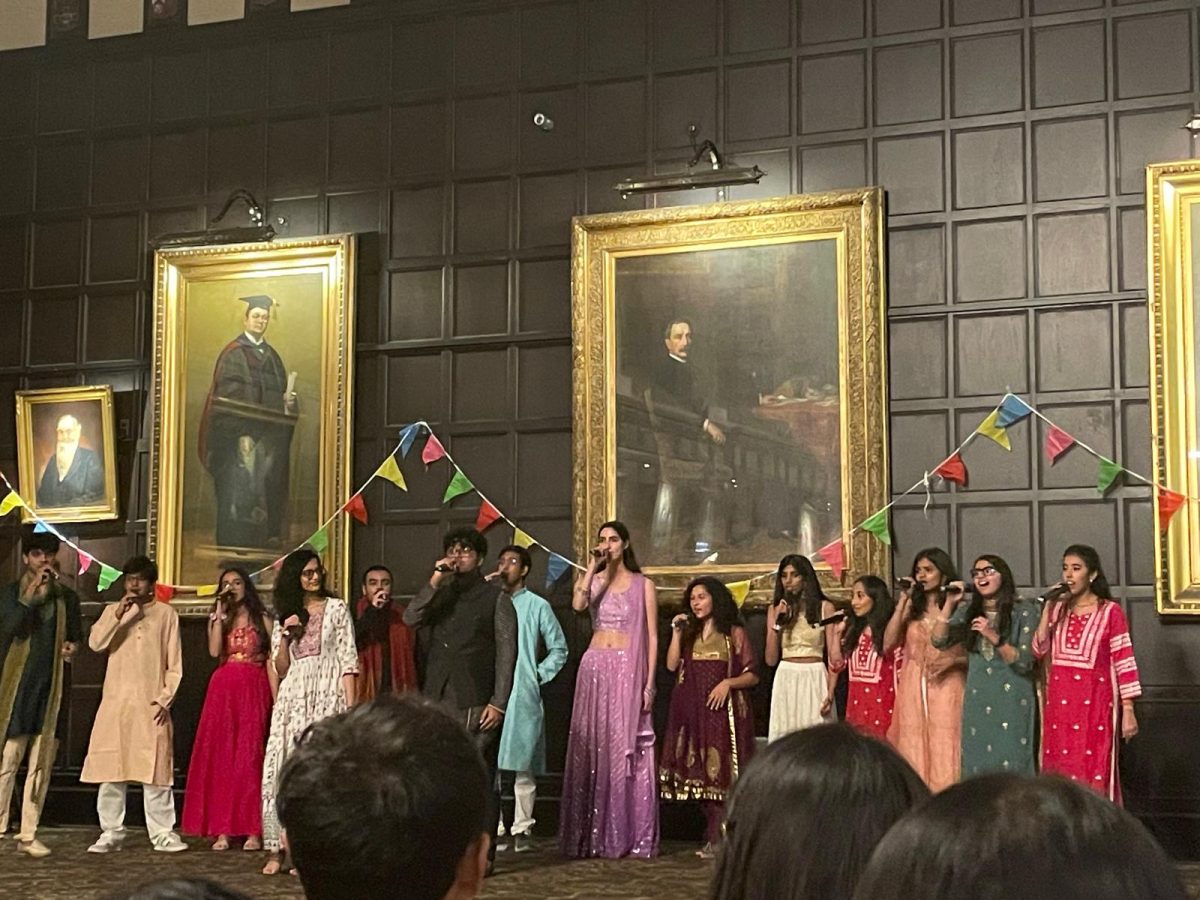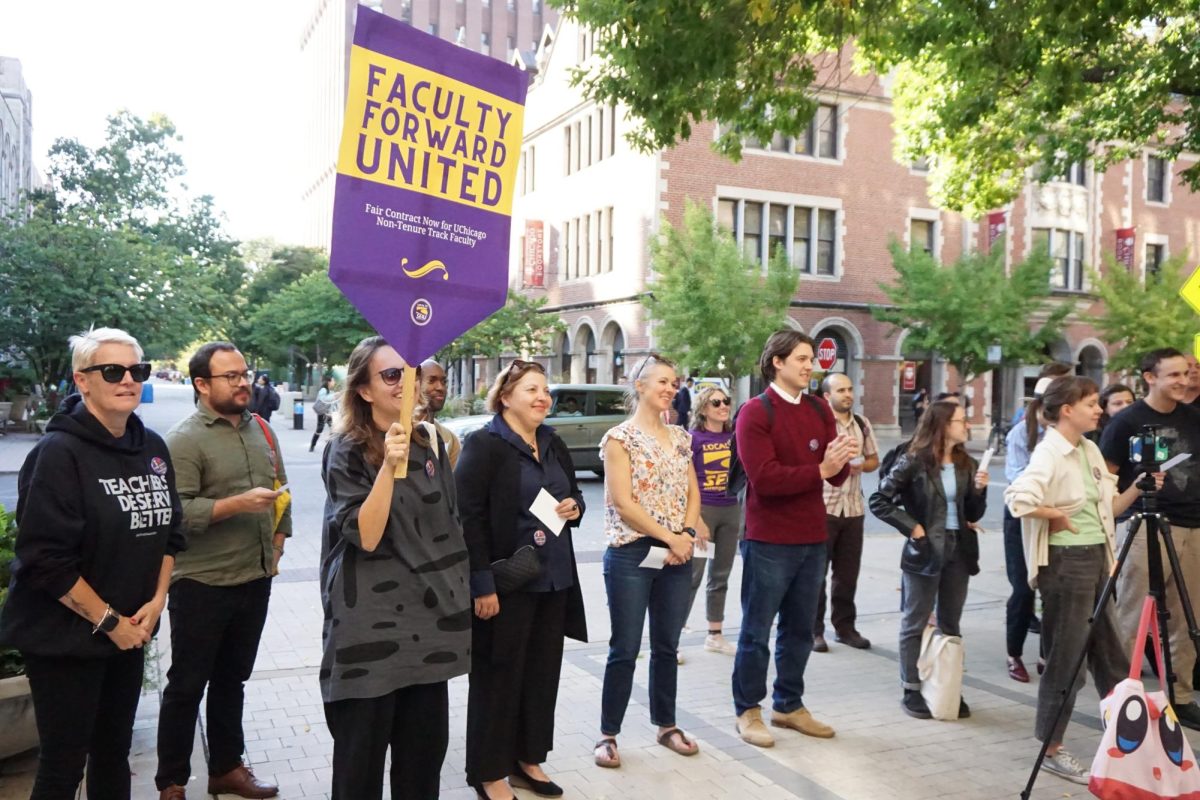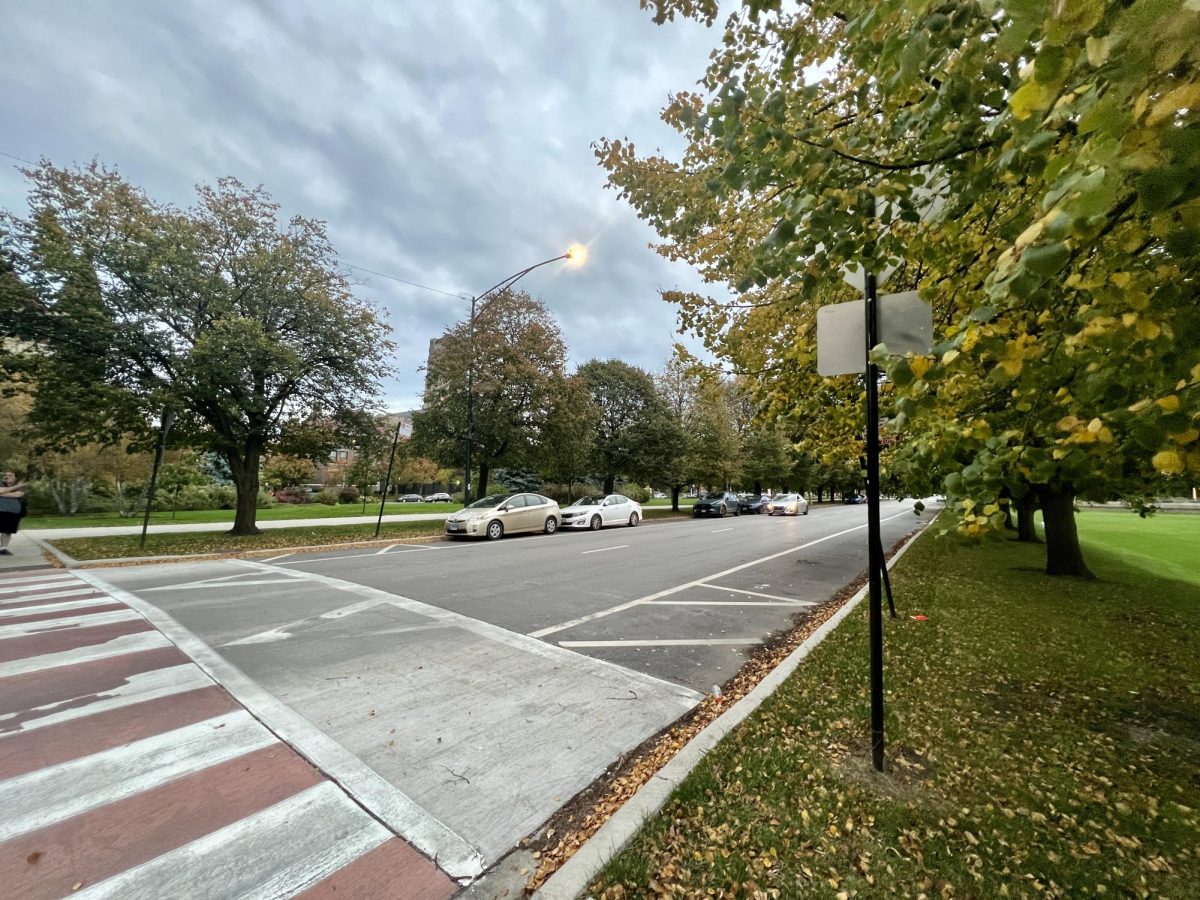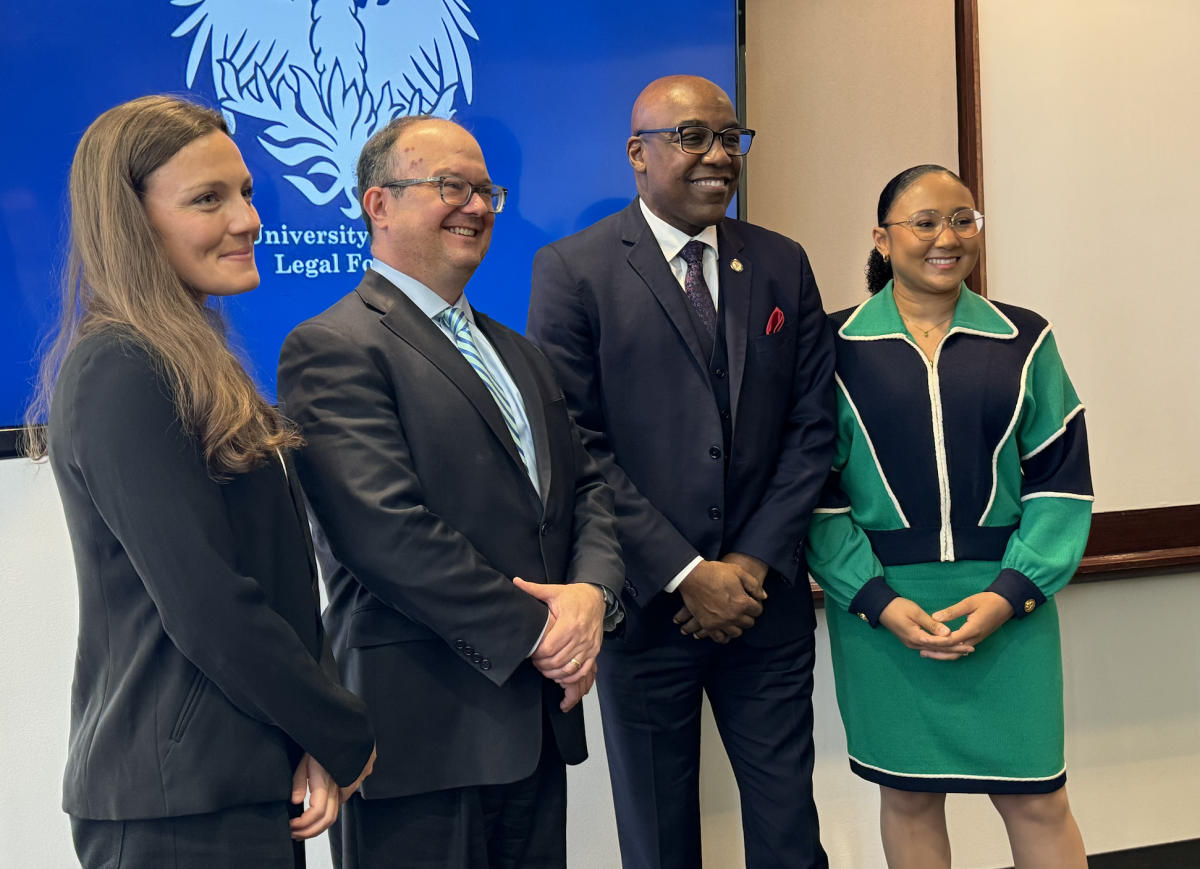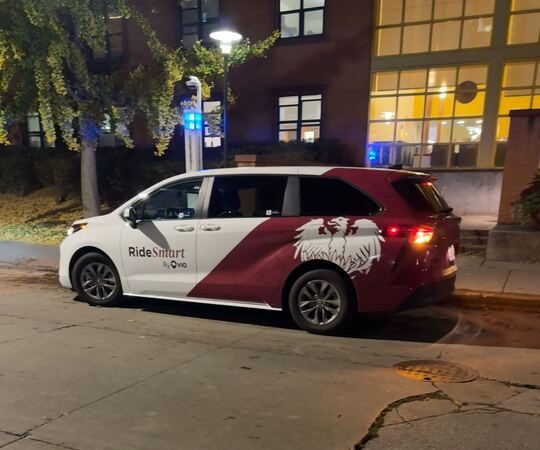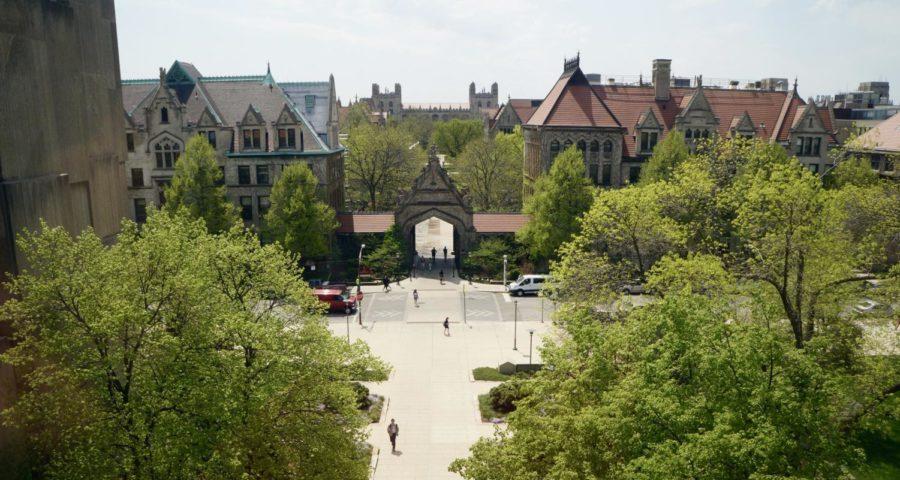Third-year Soreti Teshome has been awarded the Truman Scholarship, a prestigious grant that supports outstanding students pursuing careers in public service.
The award provides up to $30,000 in scholarship funds toward graduate education, in addition to professional development opportunities. Teshome was one of 62 students selected from more than 700 undergraduate applicants nationwide.
Teshome, a double major in comparative race and ethnic studies and public policy, intends to pursue a career as a criminal justice lawyer and continue her advocacy for social justice in predominately low-income minority communities.
“I’m really excited about the Truman because it’s one thing to really believe in what you want to do, but it’s another to really believe that you can also do that and not doubt that you can be effective in that role,” Teshome told The Maroon.
When Teshome was a high school debater, she researched a resolution on criminal justice reform that sparked her interest in systemic legal inequity. Although she has long known that she wants to pursue a career in law and policy advocacy in underrepresented communities, she appreciates the Truman’s backing because it demonstrates public support for her goals.
Teshome also looks forward to joining the community of other Truman scholars pursuing careers in public service. She has held numerous leadership roles in campus organizations for diversity and inclusion, including on the advisory council of the Office of Multicultural Affairs (OMSA), and emphasized the importance of mentorship and student activism for a more just campus.
Teshome spoke highly of existing student-run programs for inclusion and social justice, and of offices like OMSA, but insisted that there is still more the University can do. “Leaders of Color and other programs that offices like the Center for Identity and Inclusion support are doing a lot of great work to make the University a more inclusive place. I think that it shouldn’t be on marginalized students, on faculty of color, to make these things happen,” she said.
“The University needs to evaluate what it’s doing and the role that it’s playing, not only in the experiences of students of color on this campus, but also its role on the South Side of Chicago. There’s a lot more the school could do on a more active basis.”


